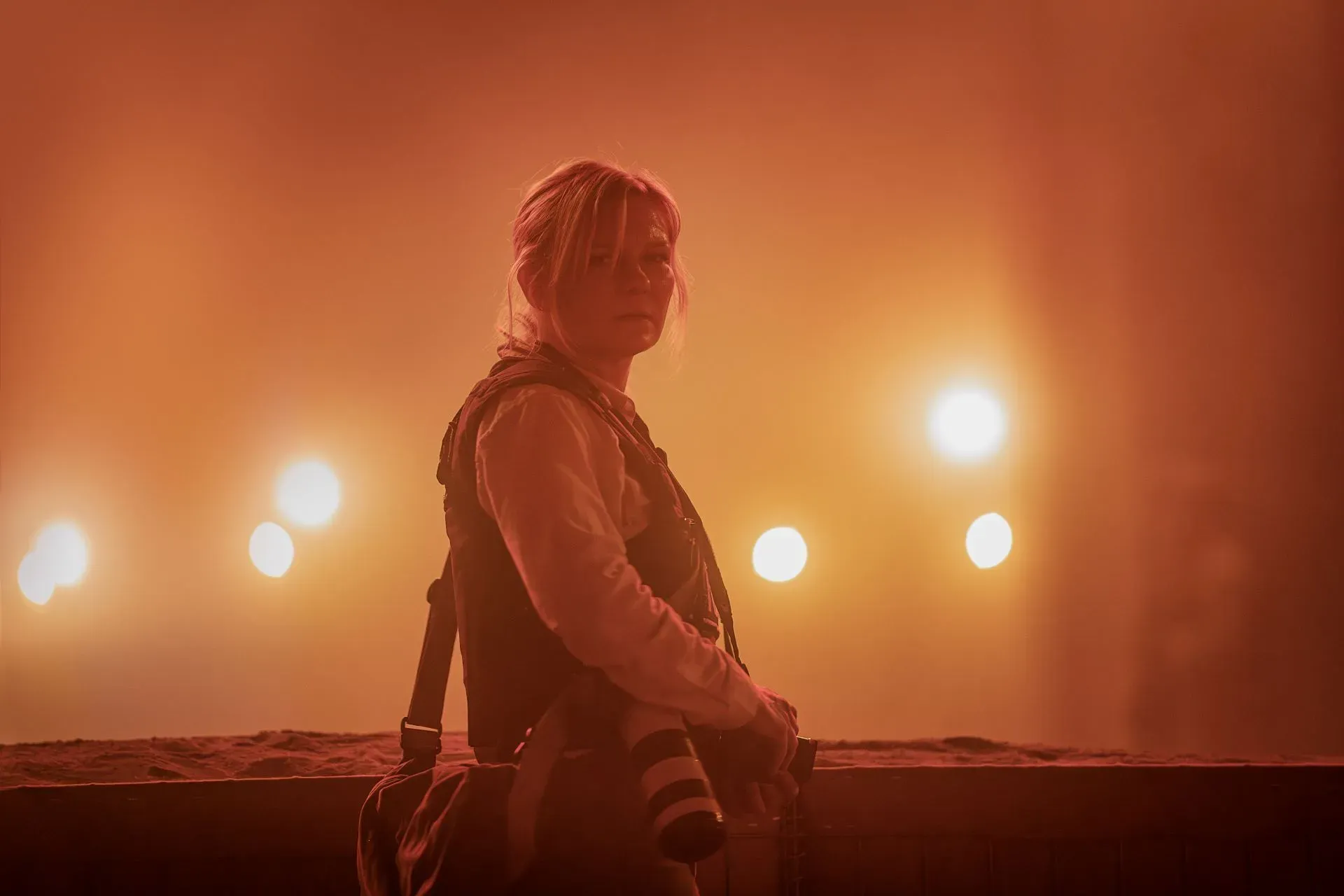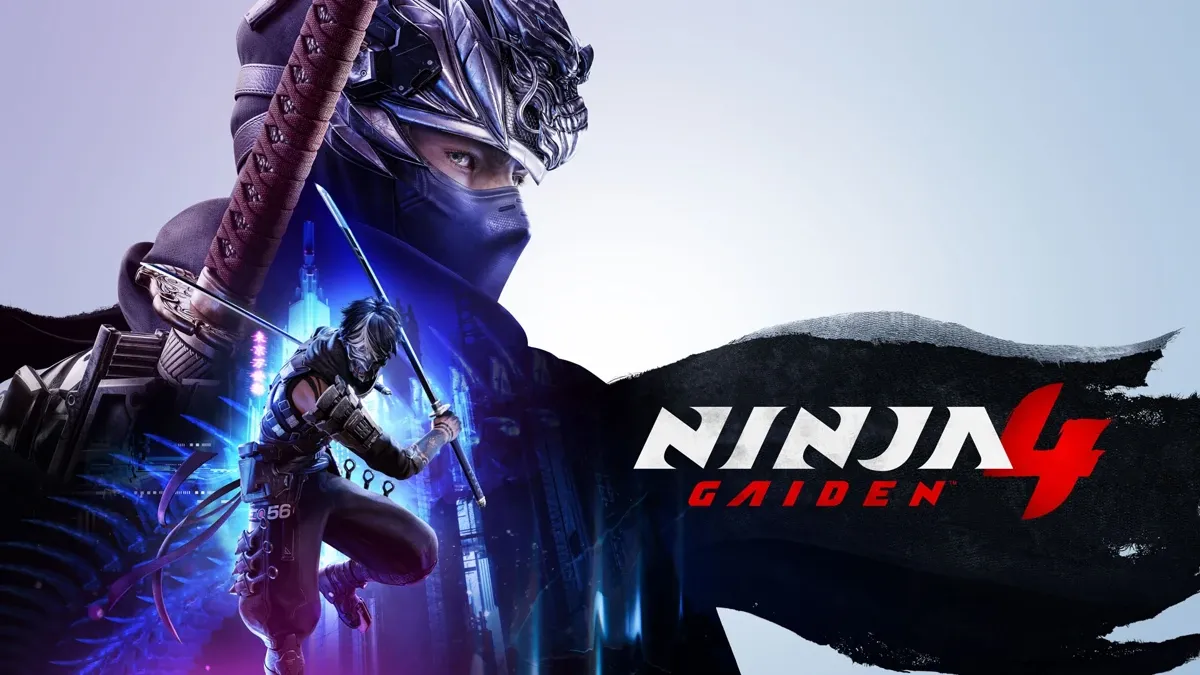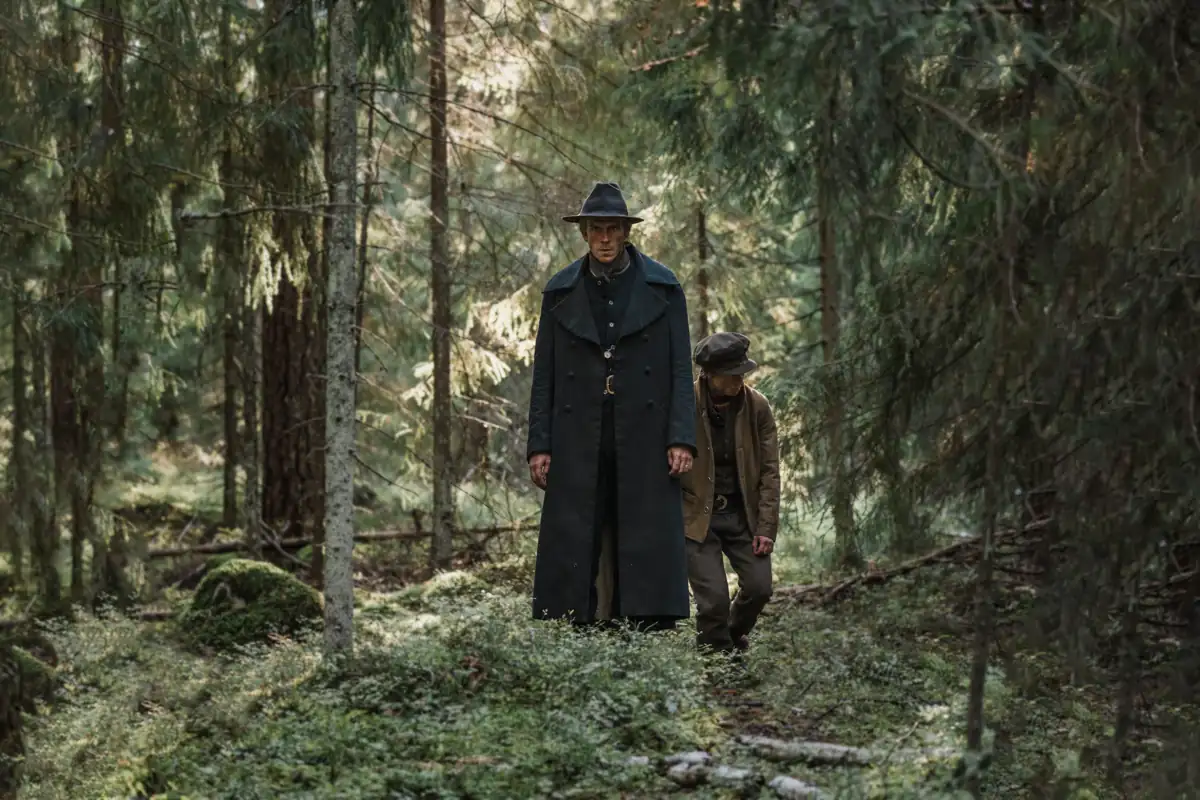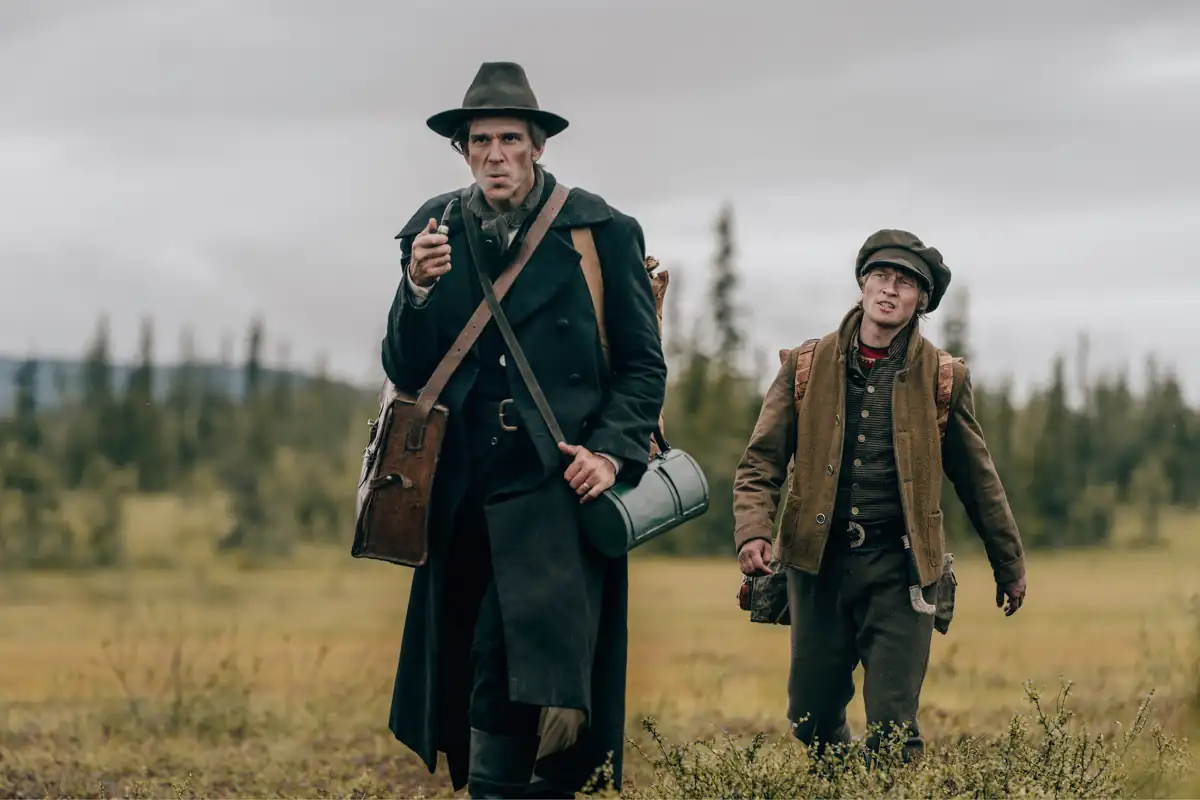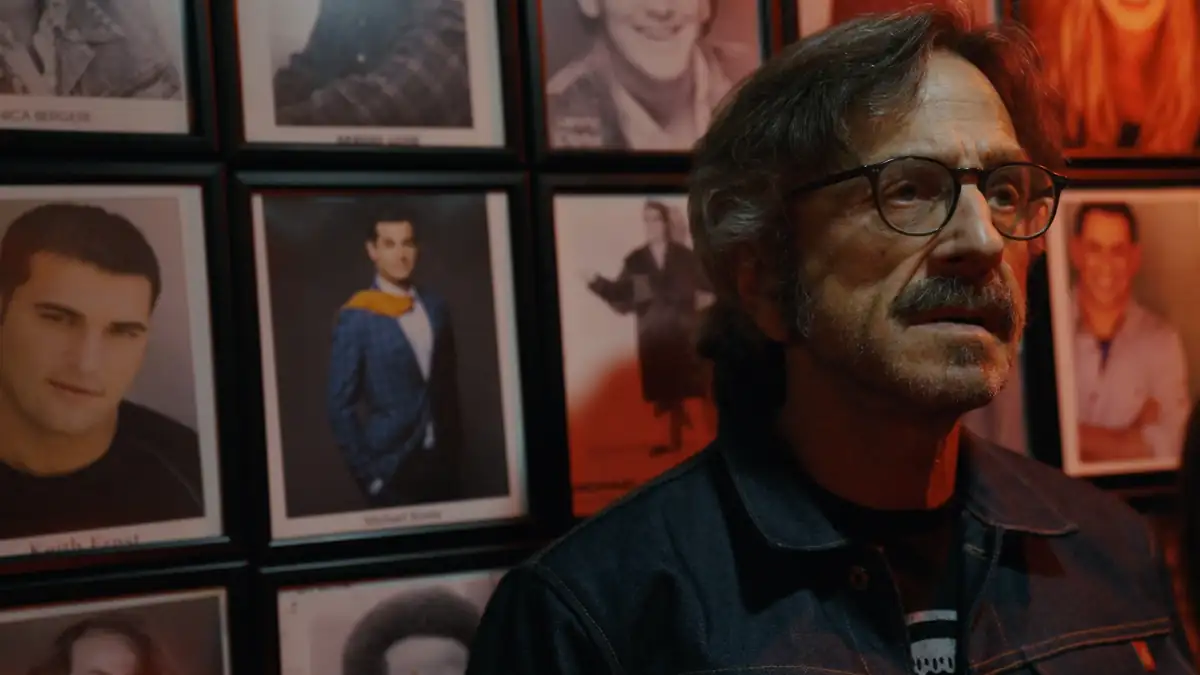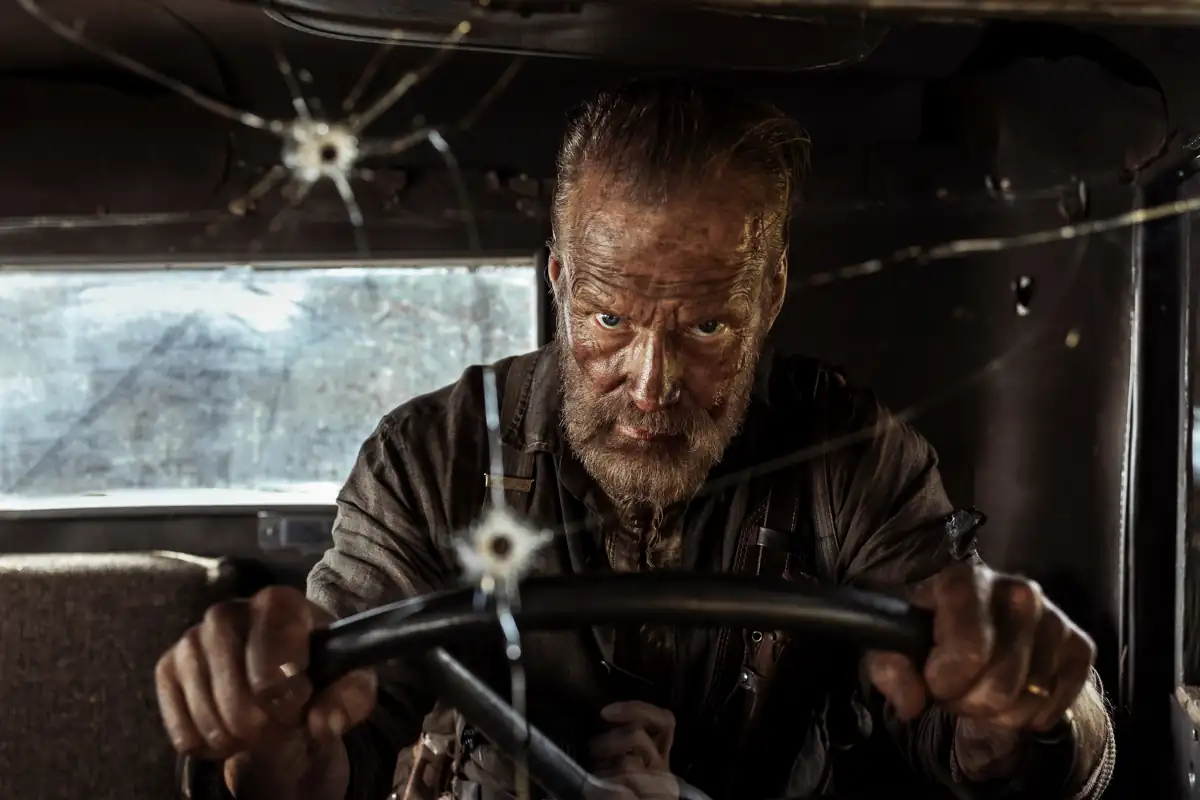François Truffaut once said: “There is no such thing as an anti-war film,” because any depiction will end up exciting on the screen. To date, I’d argue, only a rare few films have dared to prove him wrong. One of them is Elem Klimov’s horrific Soviet drama Come and See. All Quiet on the Western Front is another.
Now, Civil War can add its name to that list. It is a brave call to action that will anger as many as it frightens. In choosing to depict the downfall of American society with the same clinical lens usually reserved for the Middle East, it becomes one of the most important films of the year.
Set in the waning days of the Civil War, Alex Garland’s film doesn’t provide any more exposition than is utterly necessary. We don’t need to know how long the war has gone on, or why it broke out in the first place. Instead, we are at the grassroots level, looking outward. The more we see, the less we know.
Two war correspondents, Lee (Kirsten Dunst) and Joel (Wagner Moura), intend to travel to Washington, D.C., to interview and photograph the fascist president in the last hours of his third term. There are rumblings of something big going down all over. Other reporters are moving in the early hours of the day. Everyone trades meaningful looks with each other. It’s our first sign that even in war, especially one happening at home, everyone is alone. After all, they’ve got to make a living, and sharing information with the competition is as good as giving money away.
The story takes place on the road and is mostly episodic in format. We see first-hand how looters are dealt with. How some choose comfortable ignorance over action. And, in one of the most harrowing sequences of the film, how adrenaline junkies get their kicks in the sudden bursts of violence. Even as they pretend to be apolitical about the whole thing.
Another set piece sees the journalists pinned down by sniper fire. They spot two other soldiers hunkered down near them. Nobody knows what side they’re on, or who is shooting at them. All they know is that someone wants them dead, and it’s best to kill them first.
Garland has already faced accusations of sitting on the fence during a complicated, deeply divided time in American history. It’s a ridiculous notion, one that misunderstands his film and seeks an artist to answer for the ills of society. Garland’s film is a mirror; if its reflection is ugly, you can’t fault the glass.
Garland’s film is a mirror; if its reflection is ugly, you can’t fault the glass.
In forcing the audience to live in uncertainty, his film provokes us to ask questions that are often far easier to ignore. When a civil war breaks out halfway across the globe, we shake our heads and shrug. It is, after all, an alien culture. They must have done something wrong to get to that point.
Now, as Garland’s painfully realistic portrait of a broken nation sweeps cinemas, people crave deflection. Surely there’s an easy villain to point to. A reason why it was this or that which caused it. Anything except introspection over what kind of societal norms need to have broken for us to behave like we’ve always done. More than once, Civil War draws parallels with how Western journalists cover foreign coups, wars, and tragedies. There’s a line between reporting the facts and selling tragedy porn that’s become increasingly unclear over time.
Dunst and Moura are spectacular as our guides. Their characters aren’t likeable, or even good people, despite what they tell themselves. But they are captivating in their journey to the heart of darkness. Dunst carries the weight of the atrocities witnessed, both abroad and at home. She is heartbreaking in a subdued, melancholy role. She pushes the pain so deep inside her, that it’s like all of her humanity has seeped out to make room.
Moura, in turn, makes Joel into an adrenaline junkie, who still pretends like he’s doing it for the readers. He eggs the party on to chase the next high, including pushing into the front lines of any conflict available. He’s that part of the audience who, in their comfortable seclusion, have drawn up the fantasy of how they’d survive should this happen to them.
Civil War is a rough, unrelentingly grim film, that offers no answers. It’s a warning sign, a klaxon of distress. Like other great anti-war films, it depicts a singular part of the conflict and refuses to paint with a wider brush than that. It will be attacked for its clarity of vision, and many will demand it to answer questions it never promises solutions for.
But those willing to accept the ride into an all-too-likely future will come away grateful for any modicum of peace we have now, and a fervent desire to make it so that it lasts well into the future. It’s a cinematic jolt of lightning, a shock to the system, and one of the bravest films you’ll see all year. Any year.

